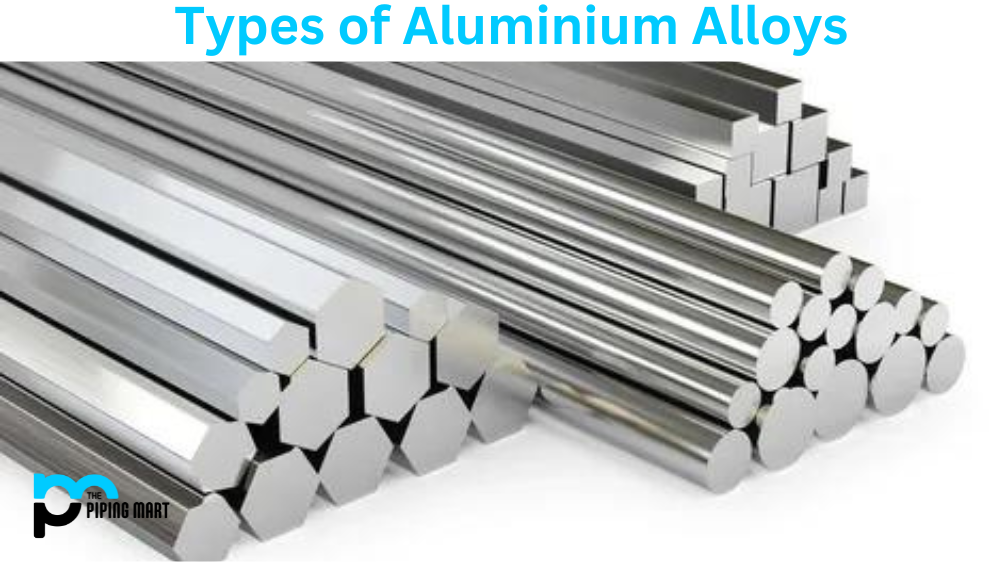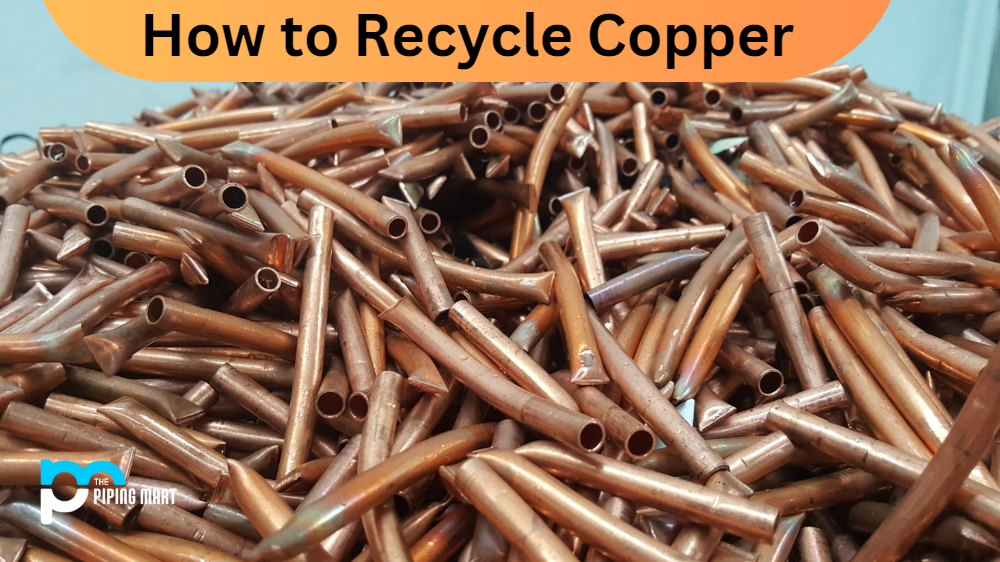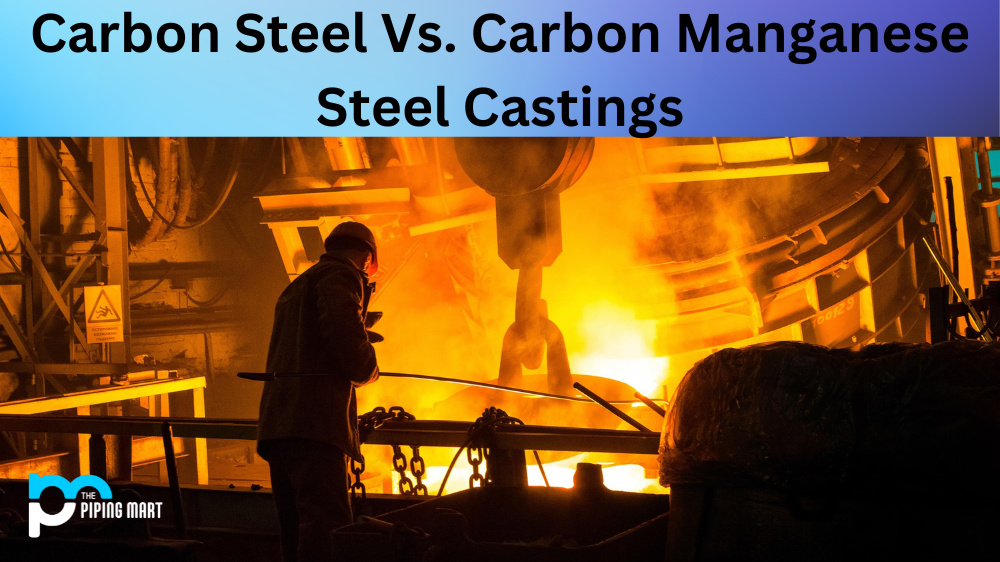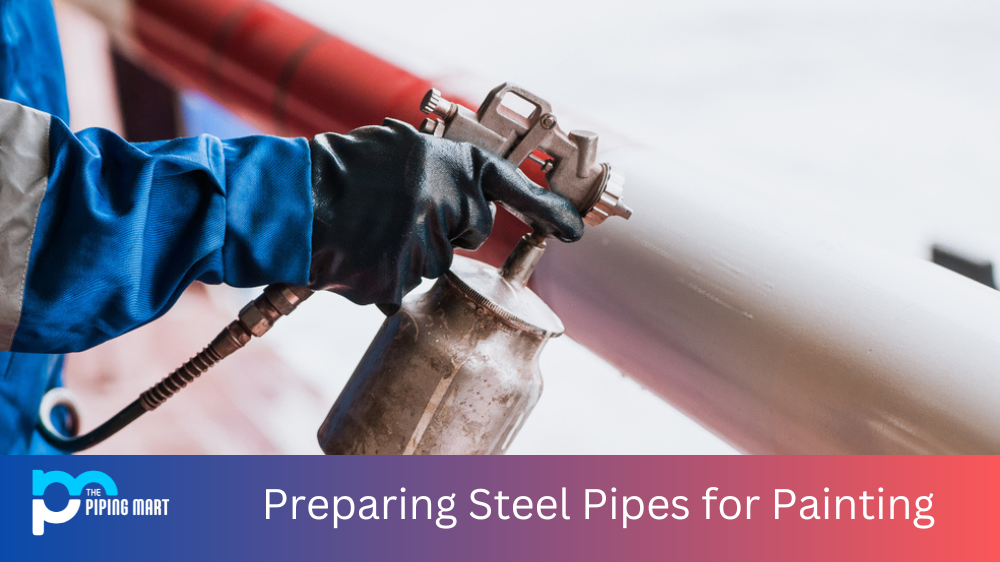Aluminium alloys are some of the most versatile metals available and are used in various industries and applications. Different alloys have varying properties that cater to specific needs, and choosing the suitable alloy for a particular use case is critical. In this blog post, we will discuss some of the different types of aluminium alloys and their unique properties.
Types of Aluminium Alloys
1100-Series
These alloys are the most commercially pure aluminium forms and are most commonly used for general-purpose applications such as packaging, roofing, and siding. They are resistant to corrosion and have good workability properties, making them suitable for applications that require shaping or forming. Their low strength, however, limits their use in structural applications.
3000-Series
These alloys have moderate to high strength and are often used in food and chemical handling equipment, heat exchangers, and lighting reflectors. They exhibit excellent corrosion resistance and have good welding capability.
5000-Series
These alloys are commonly used in marine applications, exhibiting excellent corrosion resistance to saltwater. They have moderate strength and good welding capability, making them useful for various structural applications.
6000-Series
These alloys are the most versatile and widely used aluminium alloys. They have excellent strength and corrosion resistance and can be readily welded, machined and formed. They are popularly used in aerospace, automotive, and marine applications. The 6061-series alloy is commonly used for structural applications and has good weldability and machinability. The 6063-series alloy, on the other hand, is used in architectural applications, where its excellent finish properties are highly valued.
7000-Series
These alloys have the highest strength among aluminium alloys and are commonly used in applications that require high-performance capabilities, such as aerospace, defence, and sports equipment. These alloys exhibit good toughness and fatigue strength, making them suitable for applications that undergo stress or cyclic loading.
Conclusion
In conclusion, choosing the suitable aluminium alloy depends on the application’s needs and requirements. The properties of each alloy dictate its usefulness in different applications. Knowing the properties of other aluminium alloys provides a basis for selecting the most suitable alloy. With the versatility of aluminium alloys, it is no wonder that they are widely used in various industries and applications.

Meet Bhavesh, a seasoned blogger with a wealth of knowledge and experience. From metal products manufacturing to retail, Bhavesh has a diverse background in various industries and is dedicated to sharing his insights and expertise with readers.




